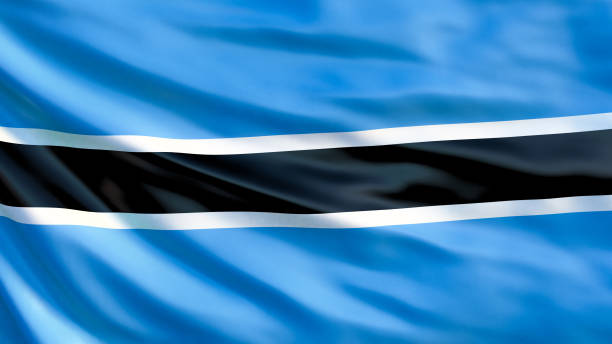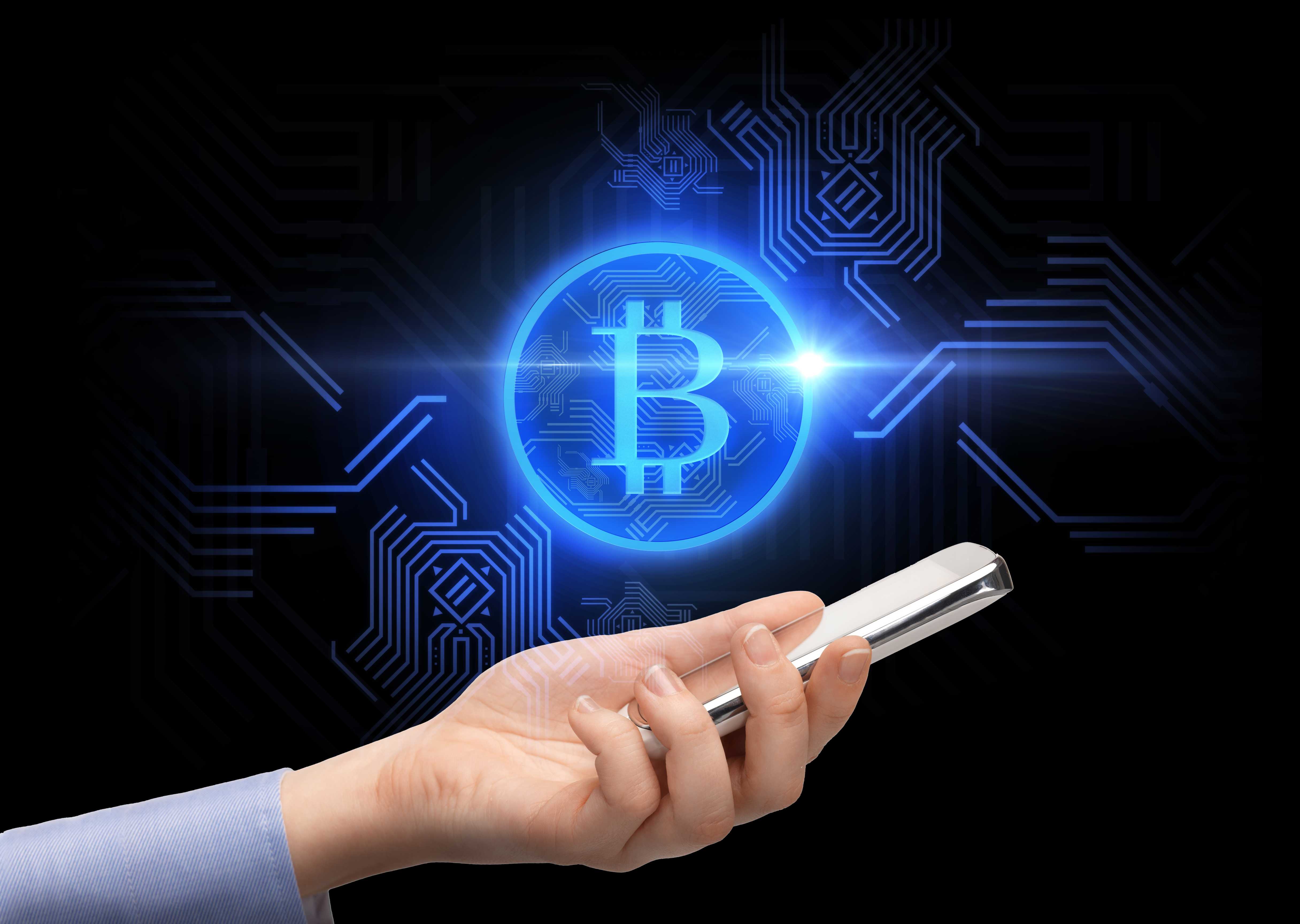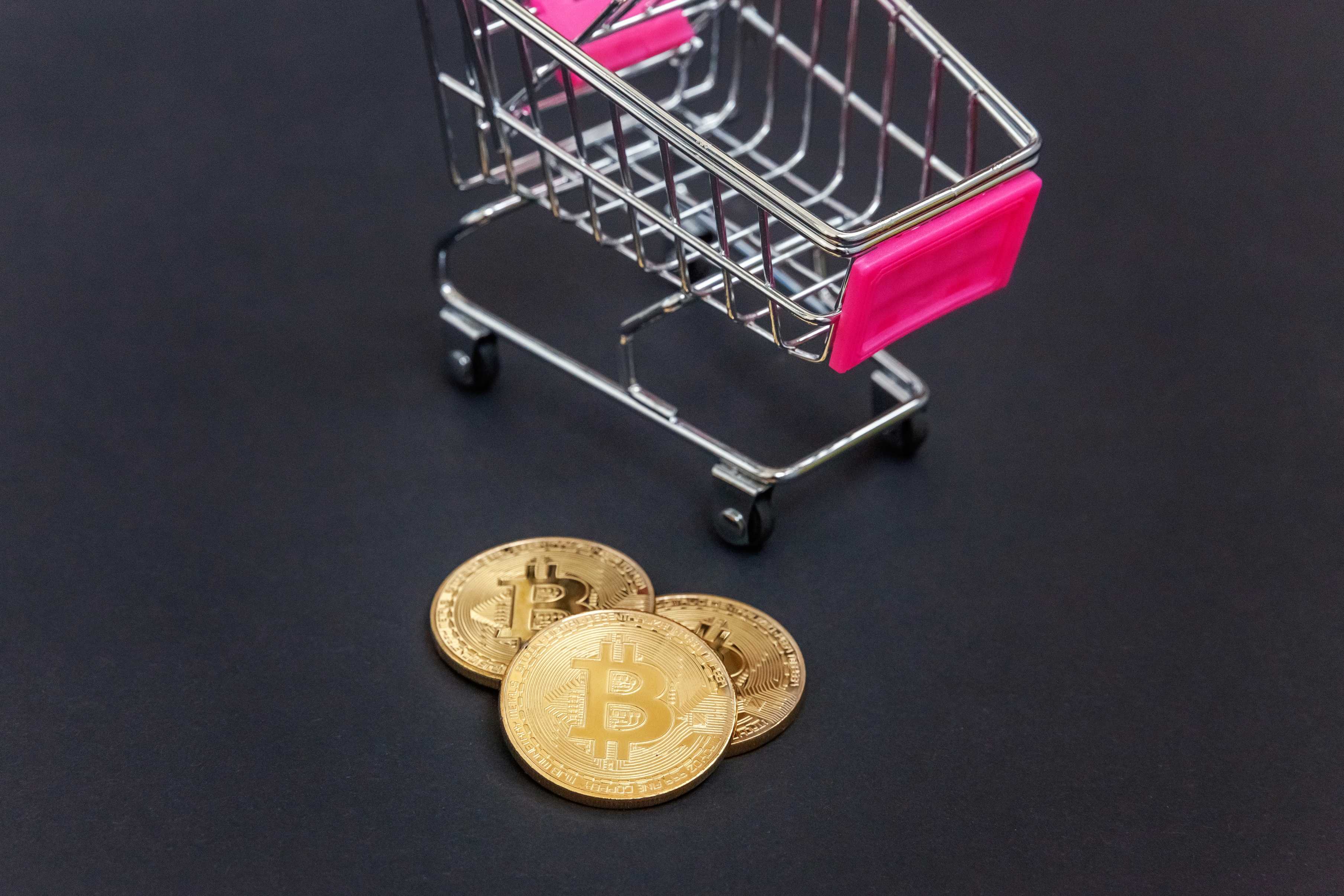Introduction
Botswana is now one of the most advanced economies in Africa when it comes to building a strong financial infrastructure. The Botswana payment rails are the basis for this growth. They make it easier for banks, businesses, and private citizens to send money to each other. The Bank of Botswana's EFT systems, mobile money platforms, and newer technologies for instant payments are all helping the country move towards a more digitally-first and inclusive financial system.
This article talks about how these systems work, how they help people in Botswana who don't have a lot of money, and what the country's future with cashless payments will be like.
Understanding Botswana's Payment Rails
Payment rails are the systems and processes that make it possible for money to move between accounts. Botswana has three main types of rails:
- The Bank of Botswana's Electronic Funds Transfer (EFT)
- Botswana's Mobile Money (transactions that use a wallet)
- Instant Payments (settlement and clearing in real time)
These rails work together to make sure that money transfers are fast, reliable, and trustworthy, both within Botswana and around the world. They are the backbone of Botswana's national payment system.
Also read: Eswatini’s Payment Rails & How They Work – EFT, Mobile Money & Financial Inclusion
The Bank of Botswana's EFT System
The Bank of Botswana EFT is still one of the most popular ways for banks to send money to each other. This batch-based clearing system handles and settles electronic transfers between banks.
How the Bank of Botswana EFT System Works
- People in Botswana use their bank to send electronic money.
- The bank sends the request to the Bank of Botswana, which is the central clearing authority.
- Banks that are involved combine, cheque, and then settle batches of transactions.
EFTs are safe, but they don't happen right away. Settlements usually happen on the same day or the next business day. This restriction has led to faster, instant payment methods in Botswana.
Botswana's Mobile Money
The rise of mobile money Botswana platforms like Orange Money, Mascom MyZaka, and BTC Smega, has made it much easier for people to get money. Mobile wallets are often the first way that people in Botswana who don't have bank accounts use official financial services.
Botswana's use of mobile money has its benefits
- Accessibility: People who live in rural or remote areas with few banks can use mobile wallets.
- Affordability: The fees for transactions are lower than at regular banks.
- Financial inclusion is when more people can save money, pay bills, and even get small loans.
Recent studies show that more and more people in Botswana are using mobile money, which is making the gap between the formal and informal economies smaller.
Botswana Instant Payments
Instant payments are the next step in the growth of the country's financial system. Botswana instant payments are different from batch-based EFT in that they offer:
- Real-time settlement means that you can get your money right away.
- Open 24 hours a day, seven days a week, including holidays and weekends
- More openness for businesses and customers
A description of Botswana's systems for instant payments
- People send money through payment portals, wallets, or banking apps.
- The transaction is cleared and settled in just a few seconds thanks to central infrastructure.
- Both the sender and the recipient get an instant confirmation.
This system makes things run more smoothly and builds trust, especially in retail and e-commerce, where digital banking is becoming more popular in Botswana.
The Role of the Bank of Botswana in Making Payments More Modern
The Bank of Botswana is important for updating and controlling payment systems. Some of its projects are:
- Keeping things stable and safe by keeping an eye on Botswana's national payment system.
- Botswana is putting in place rules for cross-border payments to boost trade in the region.
- Making it easier for banks and mobile money providers to talk to each other.
The central bank is putting money into digital infrastructure to help Botswana move to cashless payments.
Botswana's Payments Across Borders
Because Botswana's economy is closely linked to Southern Africa, cross-border payments are an important part of trade there. Using traditional methods can take a lot of time and money. Still, businesses can expect the following with new partnerships and fintech solutions:
- Faster settling of international transactions
- Less reliance on correspondent banking systems
- Botswana's mobile wallets have a good chance of growing around the world.
TransFi's Benefits for Product Integration
Banks, fintechs, and businesses that are trying to keep up with Botswana's changing rails can use solutions like TransFi to speed up adoption.
- Easy to Connect: TransFi makes it easy for banks and other financial institutions to connect to Bank of Botswana EFT, mobile money platforms, and instant payment systems with little technical work.
- Cross-Border Enablement: Uses safe, legal rails to make payments between countries in Botswana easier.
- Financial Inclusion Support: Businesses in Botswana can reach customers in rural areas by using mobile wallets.
- Future-Ready Infrastructure: TransFi makes sure that businesses can keep up with the changes in Botswana's cashless payment system by building infrastructure that is ready for the future.
If your company wants to update its payment stack in Botswana, get in touch with our experts here.
Botswana's Future with Cashless Payments
Botswana is moving towards a financial system that puts digitalisation first. Some of the new trends are:
- More people are using mobile money wallets.
- The growth of instant payment systems for consumers and small businesses
- The Bank of Botswana should help with more regulations.
- Botswana's digital banking industry is growing thanks to fintech partnerships.
Botswana is expected to become a leader in digital financial inclusion over the next ten years thanks to its strong central bank and forward-thinking policies.
Conclusion
Botswana's payment rails, such as instant payments, mobile money adoption, and Bank of Botswana EFT, are changing the way money works. With the right mix of innovation, technology, and regulation, the country is getting ready for more financial inclusion and a stronger national payment system.
TransFi and other solutions can help close gaps, make integrations easier, and make the switch to cashless payments in Botswana go smoothly as both people and businesses get used to the change.
Questions and Answers
1. What is the Bank of Botswana's main job in payment systems?
The Bank of Botswana controls, watches over, and updates the country's payment system to make sure it is stable, works well, and includes everyone.
2. What does the Bank of Botswana do to run the EFT system?
The central bank uses the batch-based EFT system to clear interbank transfers. Funds are usually available within a day, unlike instant payments, which settle right away.
3. What are the benefits of Botswana using mobile money?
It makes it easier for people in Botswana's rural areas to get formal financial services, lowers transaction costs, and increases financial inclusion through mobile wallets.
4. Can you make payments right away in Botswana?
Botswana's instant payment systems are growing, making it easier to settle transactions in real time and encouraging more people to use digital banking.
5. What will happen to cashless transactions in Botswana?
Botswana is expected to use mobile money more, do more digital banking, and make instant payments easier to get. These changes will help make cashless transactions possible.
Table of Contents
Suggested Article
Explore our products

Make global payments at the speed of a click

Accept payments, remove borders.

Unlock Seamless Digital Currency Transactions Anywhere
























